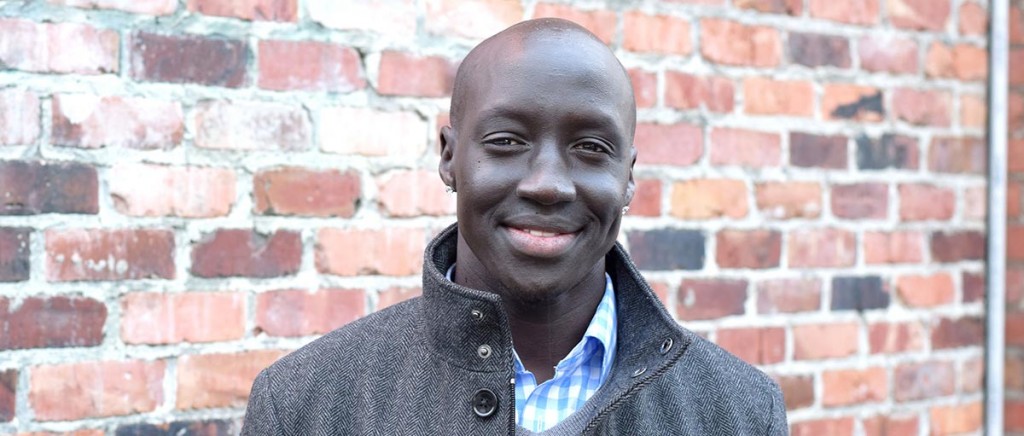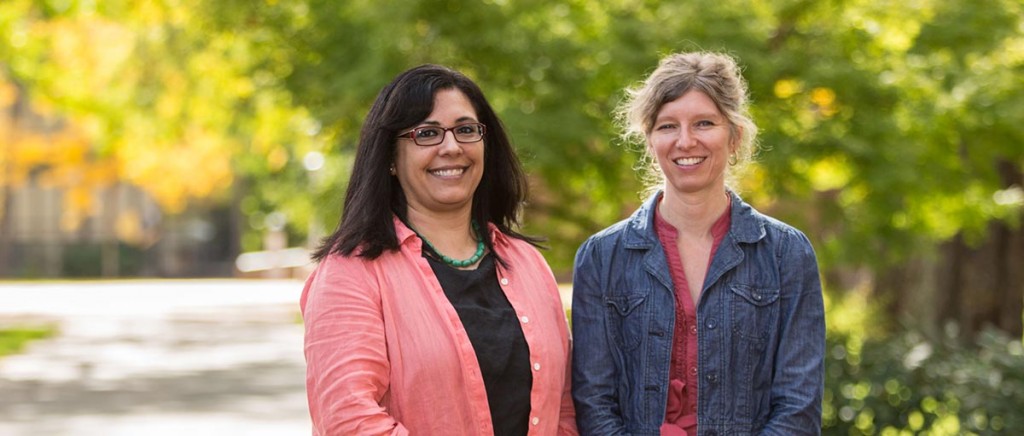Page 41 • (576 results in 0.054 seconds)
-
Established in 2022 through a gift from David and Lorilie Steen, the Steen Family Symposium brings informed speakers who challenge current thinking and propose healthy change to the PLU campus for
land, he explores how character and identity are shaped by the landscapes that raise us.2022 Dr. Jennifer Atkinson2022 Earth Day Speaker Beyond Climate Doom: Navigating Grief and Anxiety in the Age of Crisis As our climate crisis deepens, feelings of anxiety, grief, and hopelessness are on the rise. Staying engaged in climate solutions over the long term requires us to avoid emotional burnout; yet when bombarded with so much bad news – mass extinction, dying oceans, displaced communities and
-

President Loren J. Anderson enters the Tacoma Dome on May 27, 2012 to give his last commencement speech. (Photograph by John Froschauer) President Loren J. Anderson’s final commencement address to the Class of 2012 “GRATITUDE . . . WONDER . . . AND COURAGE” Distinguished…
capacity to wonder, to stand in awe of creation, to ask “why,” and to the live into the question — for a lifetime. Today is a day to reflect on our learning — and to commence a life of wondering! COURAGE Third and finally, I hope that your PLU education has encouraged a strong and positive sense of your own person, a clear sense of identity that is the foundation of a life of courage; for living courageously! A brief explanation: I realize that on this day of transition and change, along with
-

TACOMA, WASH. (Dec. 22, 2016)- It’s been 25 years since David Akuien ’10 was separated from his mother at age 5, 16 years since he came to the United States as an orphan. An estimated two million people died as a result of war, famine…
lived in Sudan, Kenya and Uganda combined.” David still speaks the language of his Dinka tribe, but has forgotten many words and “elements of conversation,” he says. He worries that America’s influence on him, and his struggles with his native language, will lead family members to question his identity. My family members are going to be disappointed in me if they feel as though I’ve forgotten my values and what it means to be a Dinka and to be from our part of the world. That’s when I will be hurt
-

It’s been 25 years since David Akuien ’10 was separated from his mother at age 5, 16 years since he came to the United States as an orphan.
than I lived in Sudan, Kenya and Uganda combined.” David still speaks the language of his Dinka tribe, but has forgotten many words and “elements of conversation,” he says. He worries that America’s influence on him, and his struggles with his native language, will lead family members to question his identity. My family members are going to be disappointed in me if they feel as though I’ve forgotten my values and what it means to be a Dinka and to be from our part of the world. That’s when I will
-
As part of our commitment to continuous improvement, Student Life publishes an annual report highlighting progress toward key strategic priorities, highlights of annual departmental work and points
the work of the University Pastor and the Director of Multicultural Outreach & Engagement as collaborators within Campus Ministry. Make sure each member of Campus Ministry team is able to articulate PLU’s Lutheran identity as part of our educational framework. Clarify relationship between Campus Ministry and: Director for Congregational Relations Student Religious Clubs Campus Ministry Council Continued prioritization around Campus Ministry having both Lutheran roots and interfaith engagement
-
Spring, 2022 This issue marks an important transition for the Division of Humanities. As of this summer, the Humanities programs —English, Languages & Literatures, the Language Resource Center, the Master of Fine Arts in Creative Writing, the Parkland Literacy Center, Philosophy, and Religion— will merge…
identity, it can respect his call for relevant separatism. Here lurk subtleties, difficulties, dangers, even contradictions—but nonetheless, living, undaunted hopes. Paul Menzel, Professor of Philosophy, served as Dean from 1991-1994. Photo from University Archives, 1982. The subtle, difficult, and vitally important work of honoring diversity and respectfully learning from the wide array of human experience has been integral to the work of our division. This is well-demonstrated by the essay “Gendered
-
Monday May 20, 2024 2:00-6:00pm in Rieke 103B
members at Sky Ranch Lutheran Camp the past several summers for being the inspiration that led me to this subject. 3:25-3:45pm, Auritus Animism: Double-Crested Cormorant Liveliness and Multispecies Sovereignty on the Columbia River Elijah PaezViewed as competition to fishing enterprises, double-crested cormorants are persecuted everywhere in the United States, but these hostilities are uniquely shaped in the Pacific Northwest due to a regional identity associated with salmon conservation. Exploring
-
Will students avoid difficult or challenging courses with this design? We do not feel that an effective course is necessarily one that is “difficult.
critically reflecting on individual and collective identity, exploring human systems, and examining power structures. Additionally, students will develop skills for active listening and communicating/collaborating across differences. Common texts and assignments will be made available, but are not required for the course. Ideally, the course will include some component of problem- or place-focused learning that will equip students with skills for exploring DJS in applied contexts. How will we motivate
-
If you have previous experience with French, Spanish, or Chinese, you can use this guide to determine the course level that is right for you.
designed to meet you where you’re at and support you in reaching your language goals! PLU course number HISP 252: Spanish for Heritage Speakers Appropriate for students with or without previous Spanish studyAffirm and build upon your Spanish language abilities through: • Community building with other heritage speakers and exploration of topics related to language and identity; • Conversations about literary and cultural texts; • Vocabulary expansion exercises; • Workshops on using accents in your
-

TACOMA, WASH. (Sept. 28, 2016) – The Pacific Lutheran University Department of Languages and Literatures will host the Tournées Film Festival this fall for screenings of nine recently released films representing a wide variety of cultures and historical periods. (Film trailers and descriptions below.) A…
place. This problematizes the image of their parents as absolute heroes, humanizing them as a result. These voices representing lives at the crossroads of identity deserve their place in the discussion of the past and Martínez Pessi’s film gives them that space. Furthermore, Martínez Pessi continues to work on this path since his current project also focuses on the memories of the daughter of a former political prisoner, who today lives in Sweden. What qualities do all of the PLU Tournées Film
Do you have any feedback for us? If so, feel free to use our Feedback Form.


